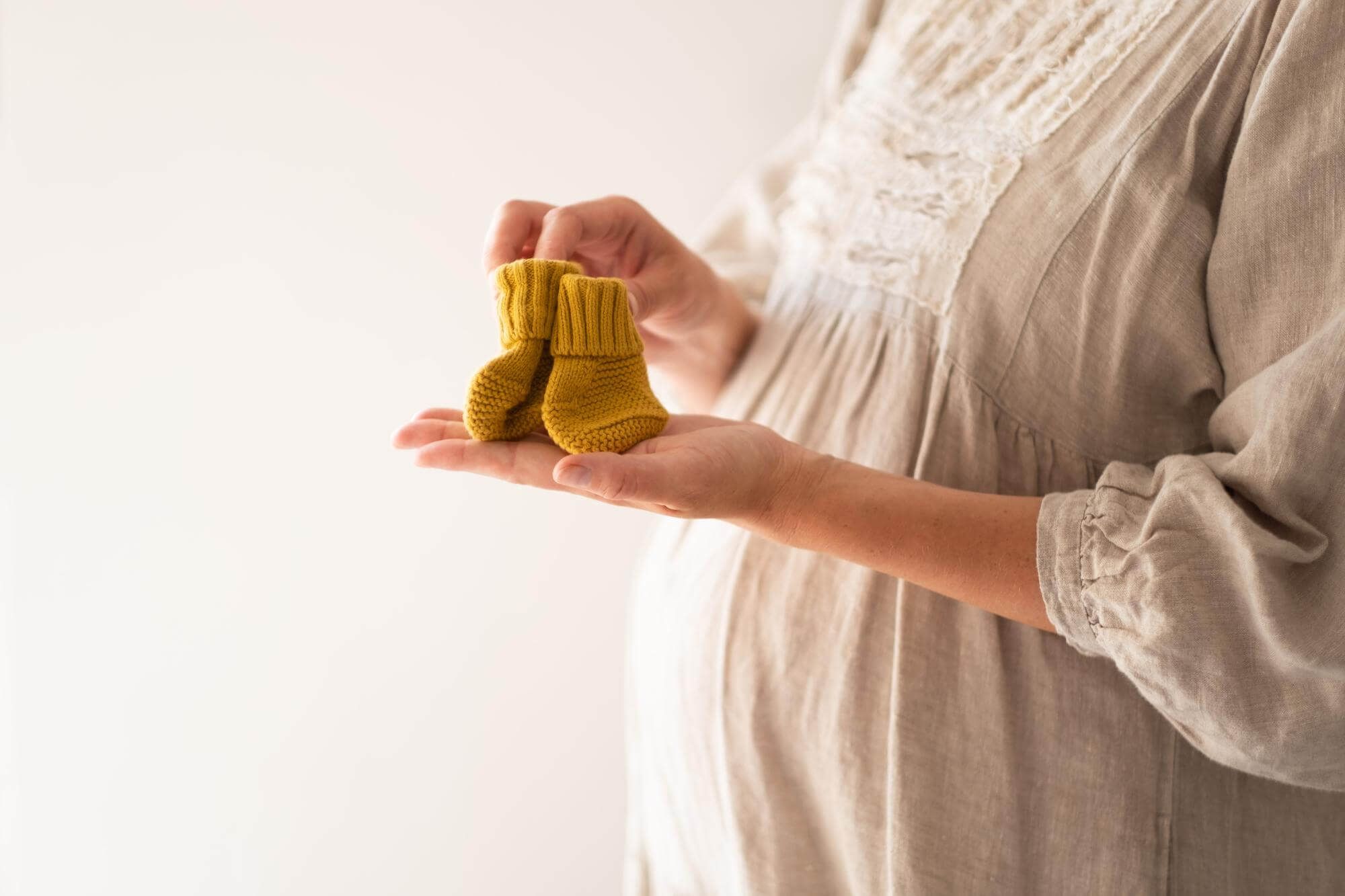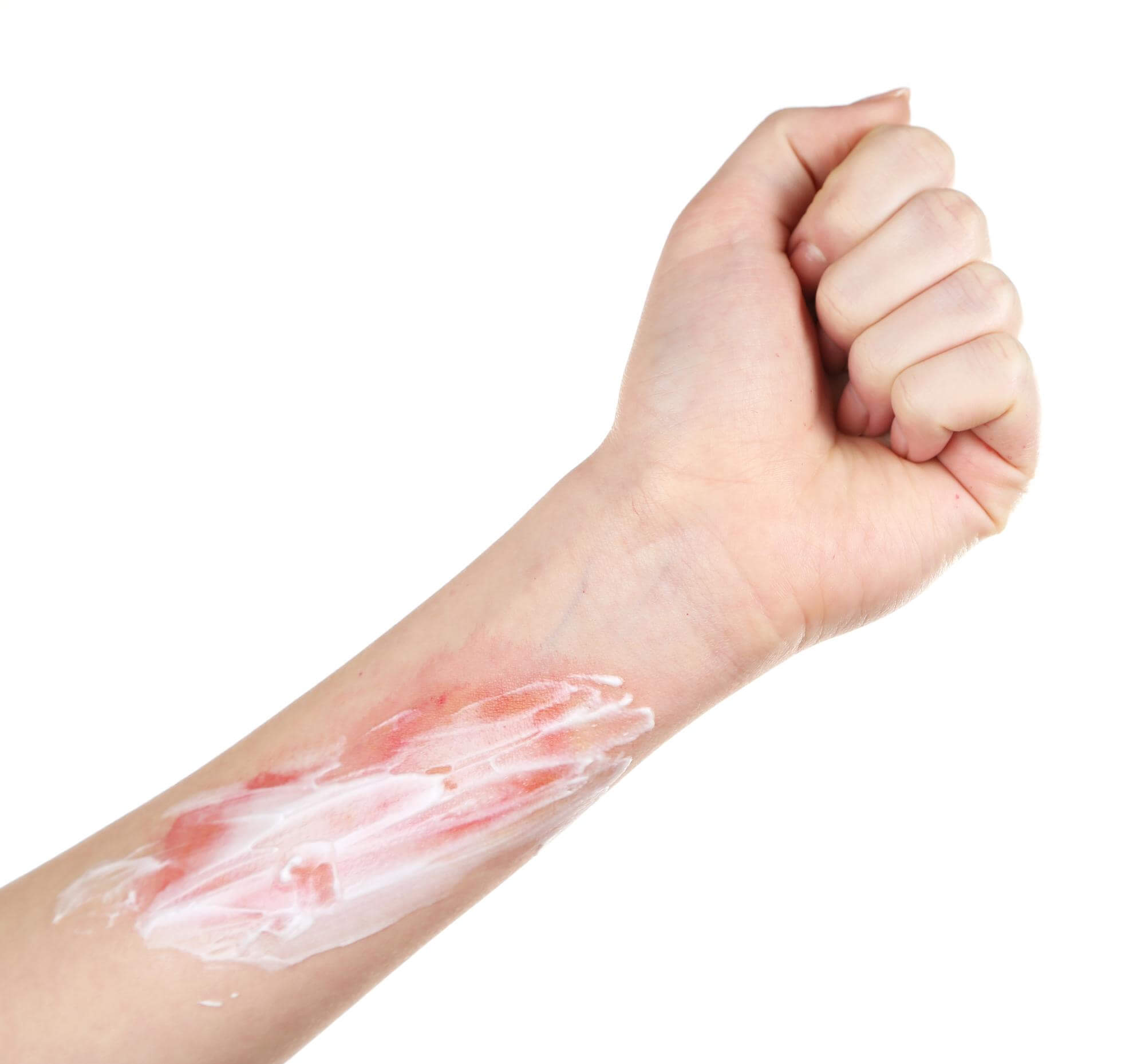How to deal with eczema during pregnancy: useful tips and effective methods


Eva Zakharova
Pregnancy is a unique period in a woman's life that is associated with a number of physiological changes. One possible condition that can develop during pregnancy is eczema. Let's discuss what eczema in pregnancy is and how to deal with it.
The connection between pregnancy and eczema: Why does it happen?
- During pregnancy, significant hormonal changes occur in a woman's body. Large fluctuations in hormone levels can cause an exacerbation of eczema on the hands and other parts of the body. This is due to the effects of hormones on the skin, including its hydration and elasticity.
- Stress may be one of the causes of an exacerbation of eczema during pregnancy. Stress causes the body to produce hormones that may contribute to inflammatory processes in the skin.
- A change in immune response during pregnancy can also contribute to the development of eczema in pregnant women. Changes in the balance of immune cells can cause autoimmune and inflammatory reactions that manifest as eczema.
Symptoms of eczema in pregnancy

- Eczema during pregnancy usually appears as a red, itchy rash on the skin. It often affects the hands, feet, face and neck.
- Internal symptoms of eczema may include feelings of discomfort and stress from constant itching and anxiety about appearance.
Diagnosis of eczema in pregnancy
Diagnosis of eczema usually begins with a visual examination by a doctor. The doctor will clarify the medical history and perform a skin examination.
In some cases, additional tests and examinations may be necessary, including blood tests, allergy tests, and skin biopsies.
Treatment of eczema in pregnancy

Medication
There are safe medications to treat eczema during pregnancy. It is important to consult a physician who can suggest appropriate medications, such as topical steroids (e.g., hydrocortisone), emollients to moisturize the skin, and antihistamines to reduce itching (e.g., diphenhydramine).
Non-pharmacological treatments for eczema include moisturizing the skin, using steroid-free creams and ointments, and avoiding known allergens and triggers.
Dermatologist Advice: How to Care for Skin with Eczema
It's important to remember proper skin care for eczema. This includes moisturizing your skin daily, avoiding harsh soaps and hot showers, and wearing clothing made of natural materials.
Preventing eczema in pregnancy

Preventing eczema during pregnancy includes a healthy lifestyle, proper diet, reducing stress and avoiding known allergens. It is also important to see your doctor regularly and follow his or her recommendations.
In conclusion, eczema in pregnancy is a condition that can be successfully managed with the right approach. It is necessary to contact a specialist who will help you choose an individualized treatment and care program. Remember, your health and your baby's health come first.
New materials
Popular Articles
We recommend reading
Contact us in the Contact Us section to ask questions, offer ideas, or for more information about our allergy resource.
Our articles are your trusted source of allergy knowledge. Learn how to make life with allergic reactions easier on our specialized portal.
©
Lechenie-Allergii.com. All rights reserved.
© Lechenie-Allergii.com. All rights reserved.
The information on this site is for informational purposes only and is not a substitute for professional medical advice. We recommend consulting with qualified medical professionals for accurate information and advice.
 English
English  Українська
Українська  Русский
Русский 









